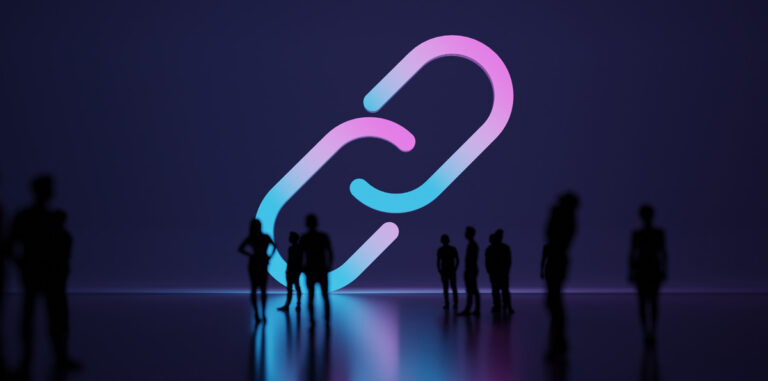This week, Google announced that it was delaying the depreciation of 3rd party cookies from within its Chrome browser environments. Originally planned for implementation in 2022, the phasing out is now planned to begin mid-2023. It’s the latest twist in the tale for the digital media industry, but what does Google’s announcement actually mean and what’s going to happen next?
By Remi Cackel, Chief Data Officer, Teads
Understanding Google’s announcement
Google was not the first tech giant to announce its planned depreciation of 3rd party cookies, but it has been the most significant due to its scale. As of March 2021, Google Chrome had around 65% of market share for browsers globally, so updates that affect data and targeting have implications that affect advertisers, publishers and tech platforms alike.
Google’s answer to the phasing out of 3rd party cookies on Google was a privacy sandbox model, called “FLoC”, and while they still believe this is the best solution, it seems the challenges involved in implementing such solutions at scale are greater than initially anticipated. This seems to be true from a technical perspective, with FLoCs currently only deployed on a tiny amount of Chrome traffic (<0.5%) which means the wider industry currently has no ability to test working models. But also from a regulatory perspective, with questions around GDPR compliance being raised, as well as the UK’s competition authority asking for oversight of the project to allay concerns that these changes will bring about monopolistic advantages for Google.
Google has stated that this extra time should be used collaboratively to solve many of the challenges removing 3rd party cookies brings in, including ad measurement, delivering relevant ads and content, and fraud detection.
Is this good news?
There is no doubt that the 2022 timeline was always going to be ambitious, given the lack of alignment across the digital landscape about the best solution for replacing the 3rd party Google cookie. Advertisers still want the promise of digital marketing of accountability, personalization and accuracy, whilst publishers need to ensure their content and audiences are properly valued to maintain sustainable business models.
But whether it was Unique IDs, privacy sandboxes, predictive audiences, contextual targeting or 1st party data strategies, in order to create robust and privacy focused solutions, the online world needed more time. Publishers were especially confused and concerned, as our recent survey revealed, with potentially huge impacts to their businesses without them being able to have an input into the new cookieless era.
So while a delay is welcome, we cannot let up. There have been huge strides forward over the past couple of years but there is still a huge amount to do. This is a long journey and the implications are still being understood, so we must not let up. Because cookieless is coming, even if Google has delayed their rollout, the limitations introduced by Apple with IDFA utilization (iOS 14.5) and upcoming IP deprecation (iOS 15) still require an immediate need for privacy-compliant data solutions. Indeed over 50% of current traffic in the US is cookieless.
Aligned with which, consumer awareness of privacy is only heightening and the appetite for digital privacy is at the highest it has ever been. Businesses that organize themselves around future facing, sustainable data and revenue practices will be better prepared to deal with any future announcements that come from big tech.

Cookies-Google: What does it mean for advertisers and publishers?
Do not stop your efforts:
- Cookieless is an immediate need and challenge, with a large part of the web traffic already being cookieless, including over 50%+ in the US and UK.
- Privacy-compliance is a key focus from a consumer standpoint. Apple will accelerate IP address removal in September, requiring real cookieless solutions in Safari, which will remove the possibility for fingerprint workarounds for those ad-tech players that have been using it as a strategy.
- Cookieless readiness takes time. Getting started as soon as possible is a key factor of success.
To be prepared, Teads’ advice has consistently been to not rely on a single cookieless solution, no matter which side of the ecosystem you sit on. To be dependent on a single provider or approach means that at any moment, a new regulation or policy change could significantly impact your business.
A combination of privacy first approaches allows you to be agile and adapt as the digital ad industry evolves. At Teads, our Cookieless Readiness Program, for advertisers and publishers, talks through all of our solutions outlined below as sustainable solutions, with comparable effectiveness to cookie-based solutions without compromising on user privacy:
- Our historical data analysis and predictive models around content consumption allow precise audience profiling without identity resolution mechanisms.
- Teads’ predictive audiences which drive a similar accuracy and effectiveness for audience targeting without the need for identity resolution.
- Using contextual targeting to deliver high campaign effectiveness
- Integrating and implementing first party data strategies.
- Planning, Insights and Measurement tools that make anonymous traffic actionable at scale
What happens next?
The reality is that the announcement shouldn’t change anything for the digital media industry. The previous timescales meant that many businesses weren’t going to have the chance to build robust plans before the cookieless world became a reality.
So the main message is that there are now two critical reasons to test and use cookieless solutions:
- There is an opportunity to build trust and engage with ALL users, including those using existing cookieless environments such as Safari.
- Strategically to transition to a cookieless era and be fully prepared when the light totally goes off.
If you want to take part in our Cookieless Readiness Program or have questions about how we can support your move to the cookieless era, visit our cookieless hub or contact your Teads representative for more information.







